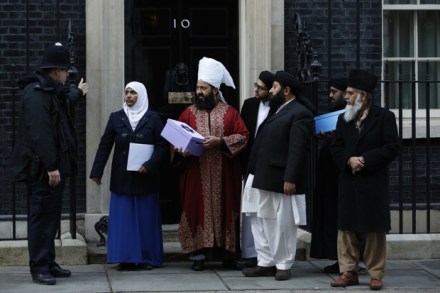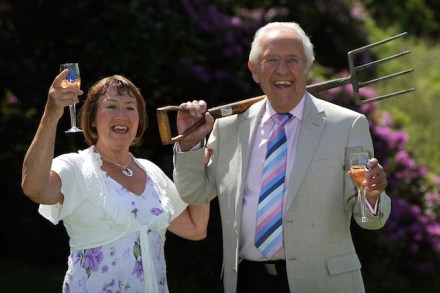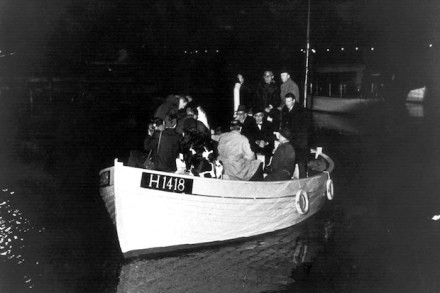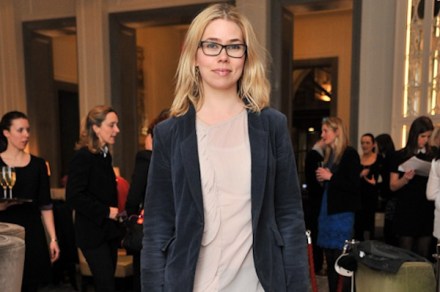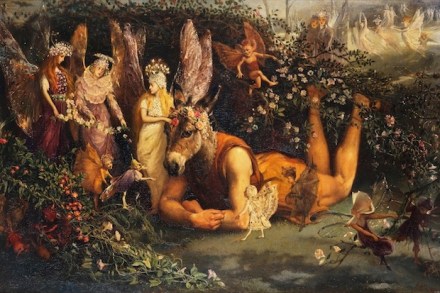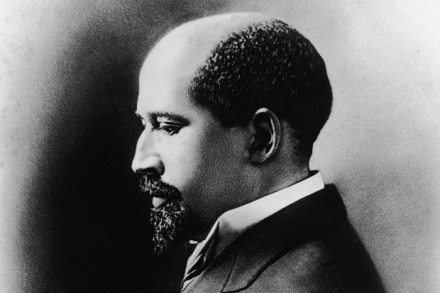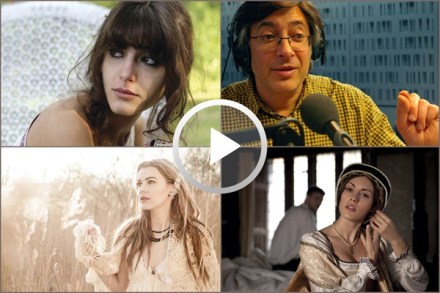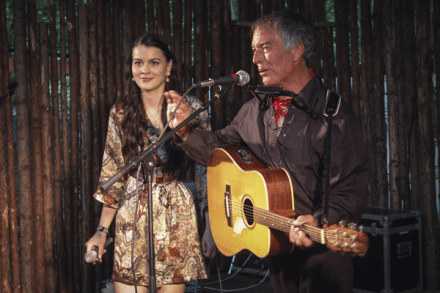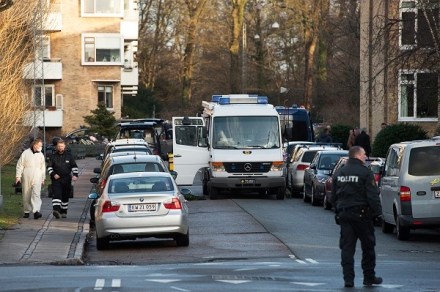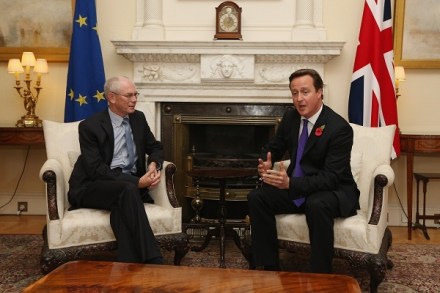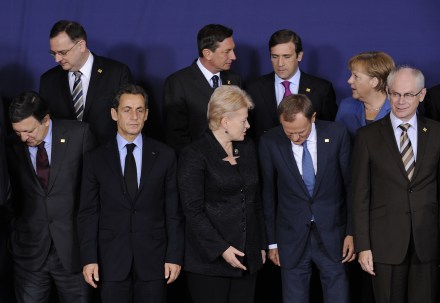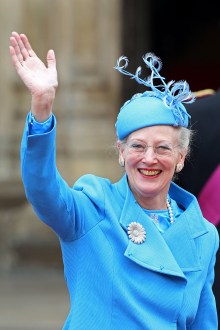Freedom of speech is a sacred British value (and those who disagree can hop it)
In the aftermath of last month’s Paris atrocities there was a remarkable piece in one of Denmark’s leading papers signed by more than a dozen prominent Danish Muslims. It said that France, like Denmark, is a country where there is freedom of speech and freedom of religion and that writers and cartoonists had every right, in such societies, to draw and cartoon whatever they wanted, including Islam’s prophet. Muslims should get used to it. At the end of translating this article for me the Danish friend who showed it to me said something very important: ‘This has only happened because we’ve been having this argument in Denmark for nine years.’
